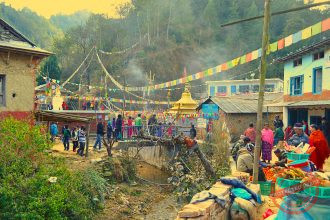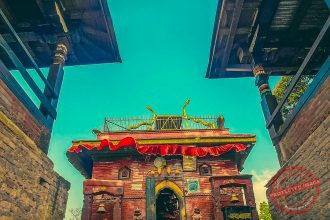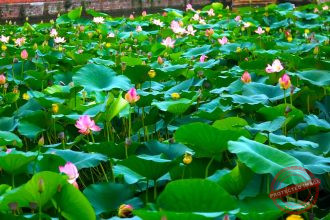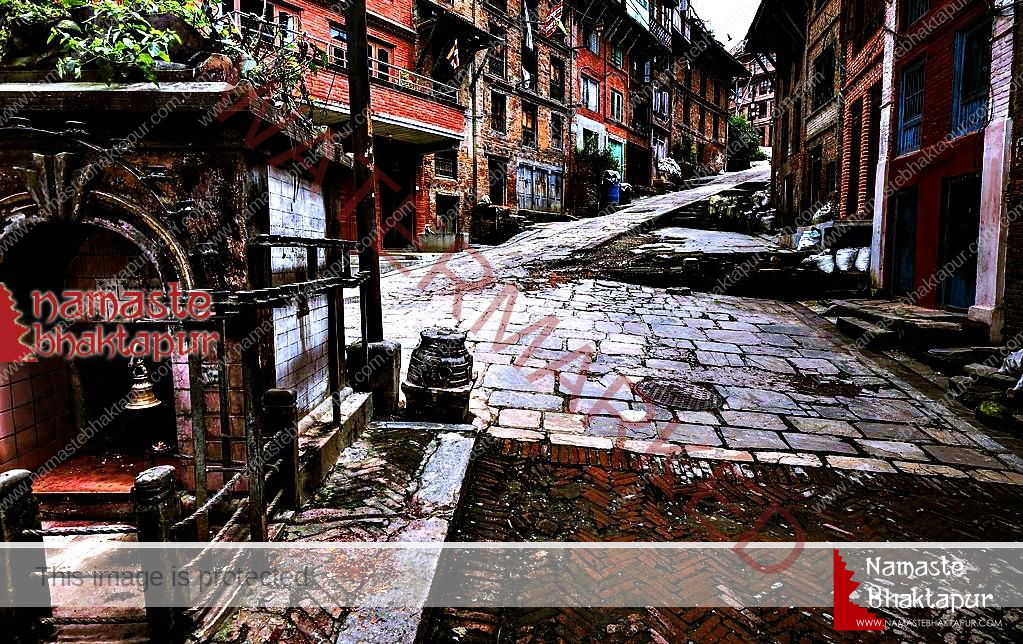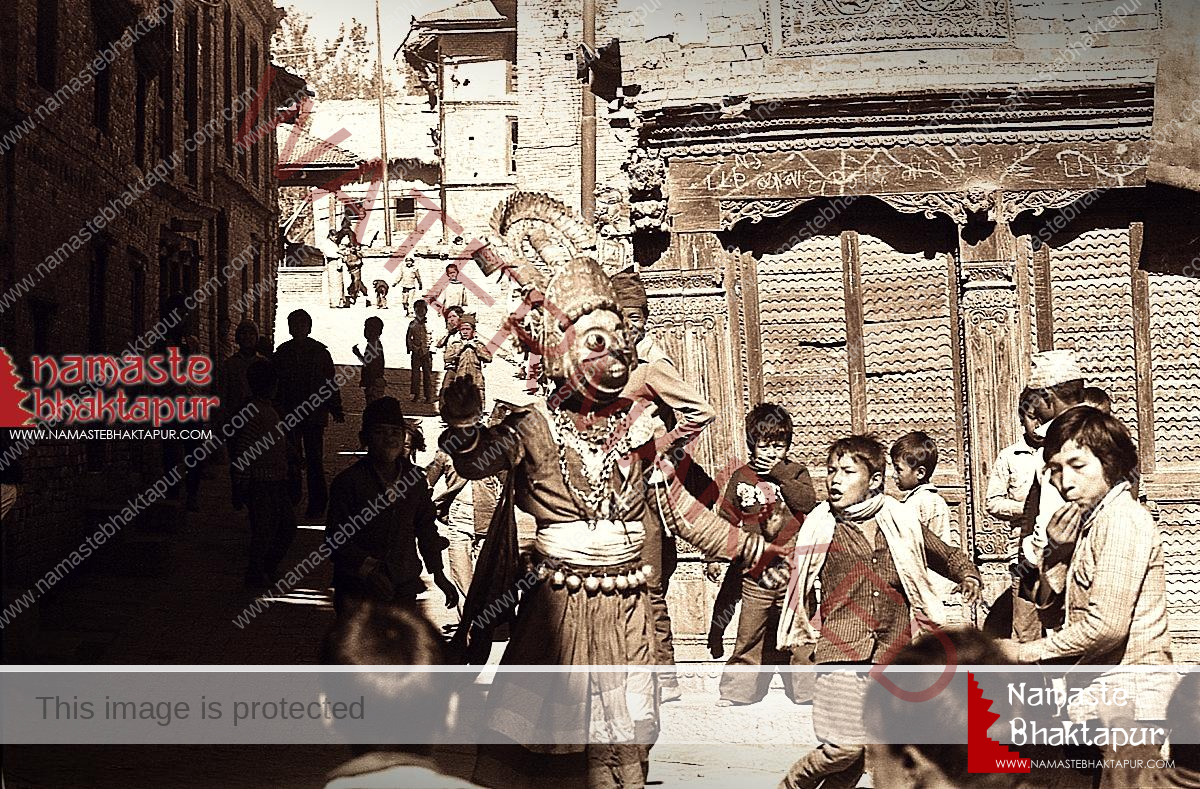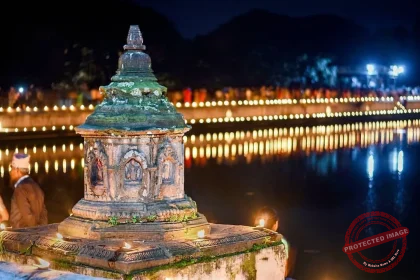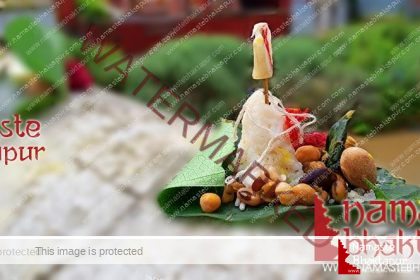Sithi Nakha is a traditional indigenous cultural celebration celebrated by residents of the Kathmandu Valley and surrounding districts such as Kavreand Makwanpur as along every Newar Community all over Nepal and entire world. The 6th day of the bright half of the month of Jetha (MAY/JUN)is Sithi Nakha. Read More


